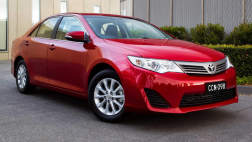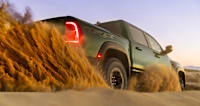The world’s three largest carmakers have all rejected battery-powered cars this week at Europe’s biggest car show of 2012.
Volkswagen and Toyota have joined General Motors in a stronger commitment to a new generation of range-extended hybrid cars that promise more than just a plug-in city runabout.
GM is in full production with its landmark Volt, with the first Australian deliveries about to begin through Holden dealerships, and now Toyota is pushing harder with its Prius range and VW Group has confirmed a new type of petrol-electric cars across its giant line-up.
All three companies are committing to cars that combine some form of pure electric driving with a combustion engine for longer trips, often charging an on-board battery pack to stretch the electric range to as much as 600 kilometres.
At the same time, global sales of plug-in electric cars are still tiny and - even though the Nissan Leaf has won awards and drives well - carmakers admit they are losing money on many as they try to convince customers to take a leap into the future.
There are even rumours that BMW, which is readying a completely new division for electric cars, is slowing the project until there is greater acceptance. “Many competitors are currently reducing their plans for electric vehicles,” says Martin Winterkorn, chairman of Volkswagen Group.
“We at Volkswagen do not have to do that because, from the word go, we have always looked realistically at this technology transition.” “We thought about pure electrical cars, but at the end of the day I think they fulfil only the urban things.
If you go by autobahn or in the countryside I think a pure electrical car is not in the near future,” confirms Dr Horst Glaser, one of the senior development engineers at Audi, part of the VW Group. There are many challenges for successful electric cars, from the charging systems to costly lithium-ion battery packs.
But the hurdles are with customer acceptance, as every major brand talks about the ‘range anxiety’ of cars that cannot be refuelled quickly and shoppers also baulk at the cost and unproven lifespan of automotive battery packs.
Toyota says it is reducing its electric commitment, instead accelerating development of plug-in Prius hybrids with better short-term electric range for city use. “The current capabilities of electric vehicles do not meet society’s needs, whether it may be the distance the cars can run, or the costs, or how it takes a long time to charge,” says Takeshi Uchiyamada, deputy chairman of Toyota.
“There are many difficulties.” Audi is leading the Volkswagen push with a system that combines a tiny three-cylinder combustion engine with a battery pack and two electric motors, a system I drove this week in Germany.
It’s an impressive package and will soon go into full-scale production, most likely in an upcoming Audi Q2 SUV before being rolled-out through the VW Group. “We started with the full hybrids because we knew about the limitations of batteries and management technologies. To have a new technology first is not always the right approach,” says Glaser.







.jpg)
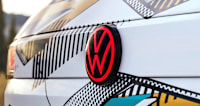

.jpg)
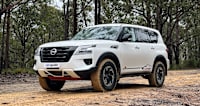

.jpg)
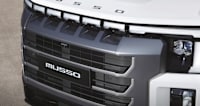

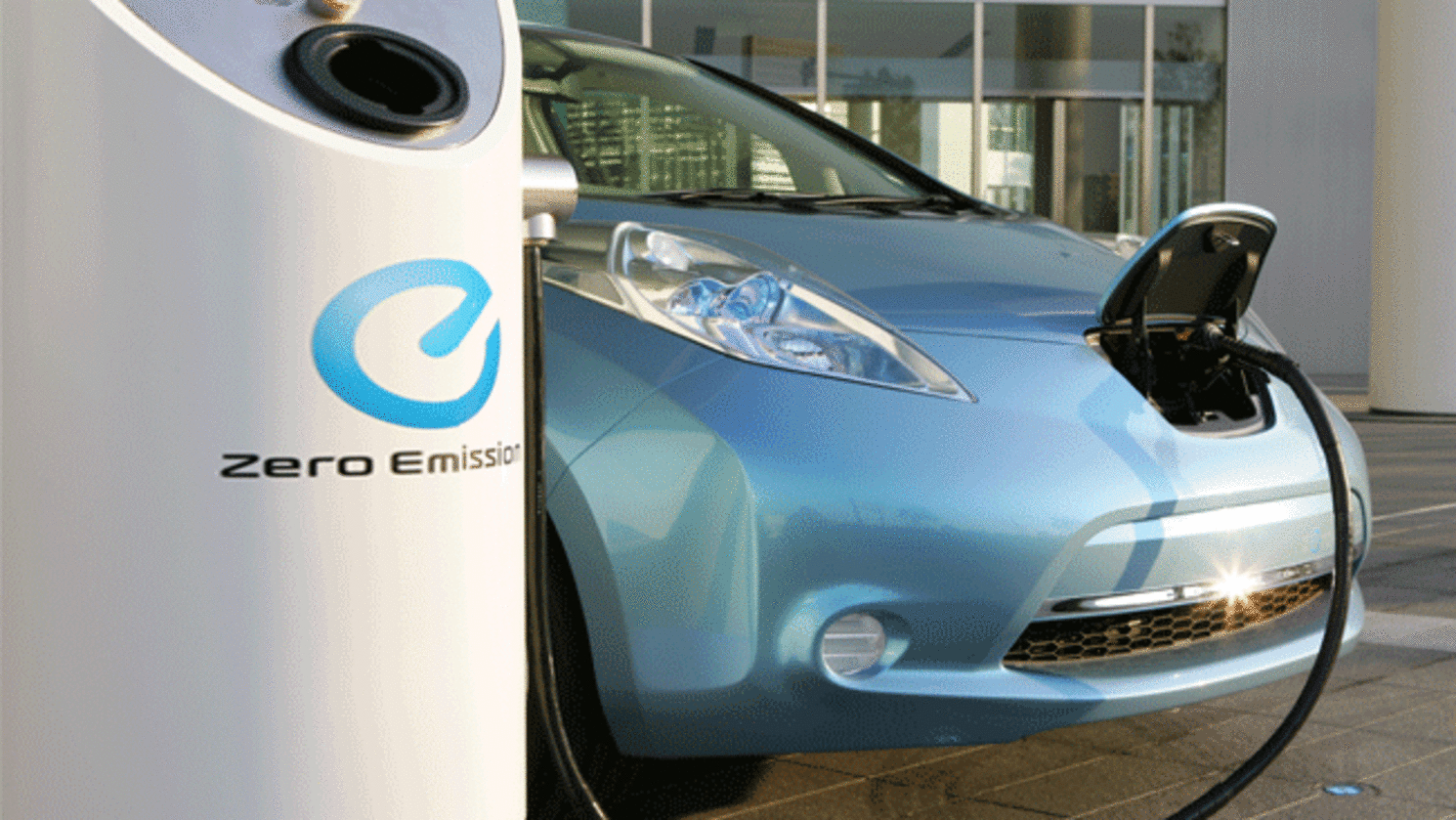




.jpg)



